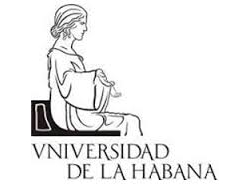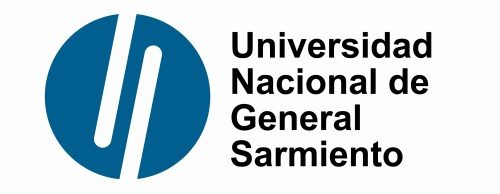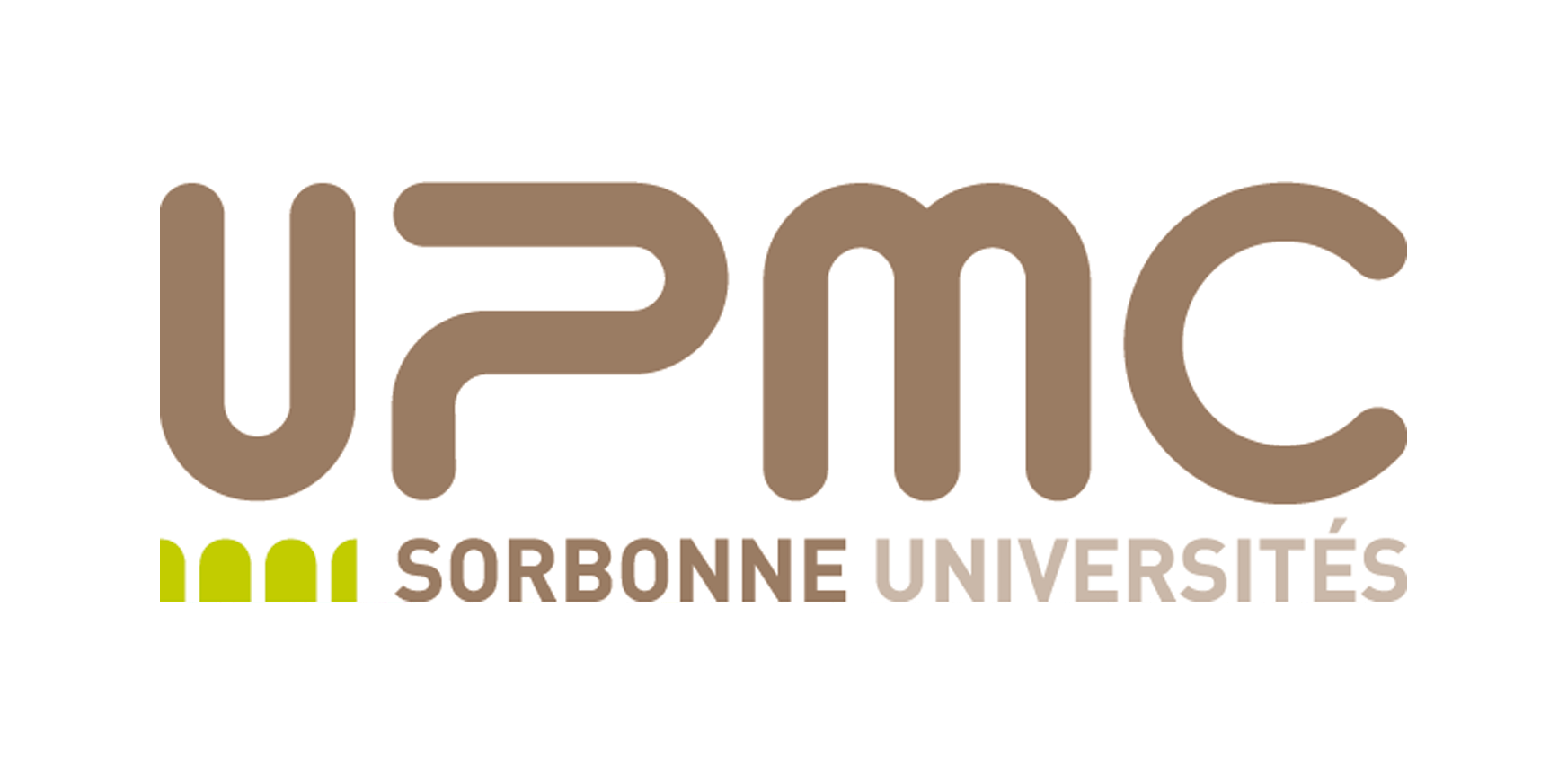THE CONSORTIUM
The main goal of HuGeF – Torino is to foster and develop excellence in human genetic research and education, with special reference to genomic variability in multifactorial diseases. Defining the functions of individual genes and understand their complex interactions is essential to unlock their role in health and disease. To successfully tackle this mission, HuGeF-Torino integrates – in a single facility and with an innovative organization model – molecular, cellular, developmental and population genetics, integrating theoretical approaches and state-of the art technological platforms.
The expertise of the Hugef team will contribute to INFERNET covers statistical physics of complex and disordered system, and molecular biology, including advanced methods of statistical inference, statistical mechanics of random systems, satisfiability and optimization problems on large graphs, distributed algorithms, stochastic optimization (in collaboration with UPMC and UH), quantitative biology, evolution, structural biology. These theoretical/computational areas add to the expertise in biological physics, computational biology, network biology and systems biology, which will be central in INFERNET and which has been the core of several research projects that have been carried out over the past several years, focused mainly on the analysis of large-scale (genome resolution) biological networks, on metabolic networks (in collaboration with the UH), protein-protein interaction networks from co-evolutionary data (in collaboration with UPMC), and on microRNA mediated posttranscriptional regulatory networks both from the experimental a theoretical point of view.
The Cancer Research UK Beatson Institute in Glasgow is one of Europe’s leading cancer research centres, supporting cutting edge research into the molecular mechanisms of cancer development focused on the understanding of cancer metabolism, invasion and metastasis. Its outstanding research environment is underpinned by state-of-the-art core services and advanced technologies, including highly resourced facilities for high throughput sequencing, metabolomics, imaging and mouse models. It also has a drug discovery programme with the objective of translating basic biology research into medicines for the treatment of cancer.
The expertise of the Beatson Institute within the project covers modeling cell metabolism, data mining of genomic datasets, measurement of metabolic fluxes in in vitro cell cultures, measurement of metabolic fluxes in vivo, isotope tracing in vitro and in vivo, molecular biology techniques to knockdown or knockout genes of interest, basic pharmacological techniques to investigate the in vitro and in vivo response to drugs targeting
metabolism.
The University of Havana is a university located in the Vedado district of Havana, the capital of the Republic of Cuba. Founded on January 5, 1728, the university is the oldest in Cuba, and one of the first to be founded in the Americas. Originally a religious institution, today the University of Havana has 16 faculties and 14 research centers in a variety of fields, including economics, sciences, social science and humanities.
The team working on INFERNET has experience in computational biology, bioinformatics, statistical physics, and mathematical modeling of metabolism. The team has originally proposed a very successful message passing approach for analyzing large-scale metabolic networks. Beyond computational biology. The team has a proven expertise in statistical inference, statistical physics of complex disordered systems, graph theory, and combinatorial optimization.
The National University of General Sarmiento (UNGS) is a national university in Argentina, founded in 1993. It is located in the localidad of Los Polvorines, of Malvinas Argentinas Partido, in the Greater Buenos Aires urban area. The university is composed of four colleges, offering seventeen courses.
The team working on the project has a wide expertise in stochastic differential equations, modeling of noisy systems, dynamical complex systems, classical and quantum chaos, nonlinear analysis and statistical physics. Recently, this expertise was applied on biological networks and cancer evolution, developing some seminal interactions with UH and HuGeF. Because the development of effective algorithms is a central goal of INFERNET, the wide range of expertise in computational physics, algorithm design and inference (shared by HuGeF, UPMC, BI, UH) will be crucial for INFERNET’s success. Likewise, expertise in network theory (HuGeF, BI, UH) will help tackling the network analysis problems that permeate each WP. Bioinformatics, and systems biology expertise is shared by all groups, albeit with different specific application grounds. Expertise in modeling dynamical problems for biological networks (UNGS, HuGeF) will instead serve as the basis for constructing higher-level integrated models.
UPMC represents French excellence in science and medicine. A direct descendant of the historic Sorbonne, UPMC is the top French university by the Shanghai world rankings, 7th in Europe and 36th in the world. UPMC encompasses all major sciences, such as mathematics (5th in the world); chemistry; physics; electronics; computer science; mechanics; Earth, marine and environmental sciences; life sciences; and medicine. The University has more than 3,750 researchers and professor-researchers in 100 laboratories and an additional 2,800 researchers working as partners from four French national research organizations: the CNRS (science), Inserm (health and medical), the IRD (development) and Inria (computing and automation).
The participating team is the “Statistical Genomics and Biological Physics” team in the “Computational and Quantitative Biology” laboratory (LCQB) of the UPMC, headed by Martin Weigt. The team has experience in computational biology, bioinformatics, statistical genomics and statistical biological physics, in particular in the statistical modeling of complex biological data and in the inference of complex biological networks. The team has also proven expertise in graph theory and network modeling, combinatorial optimization and statistical inference, statistical physics of complex disordered and biological systems.

New algorithms for inference and optimization from large-scale biological data
DOWNLOAD
MEET INFERNET
FOLLOW US






